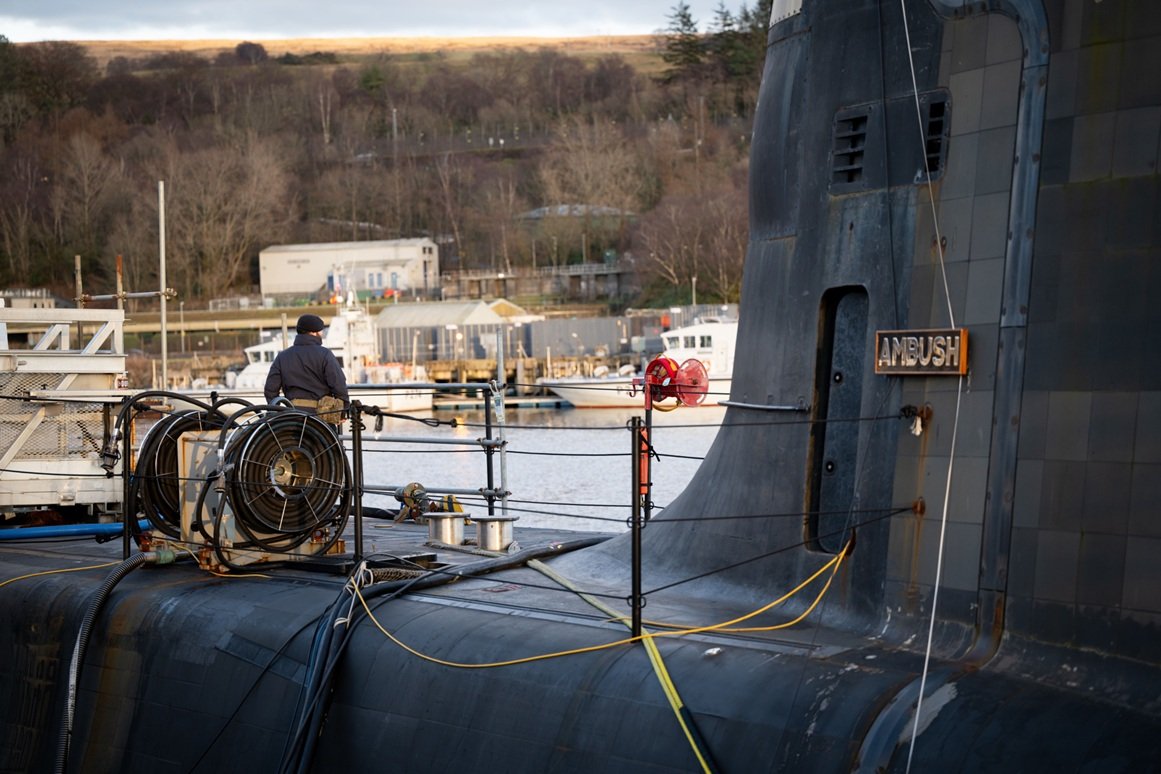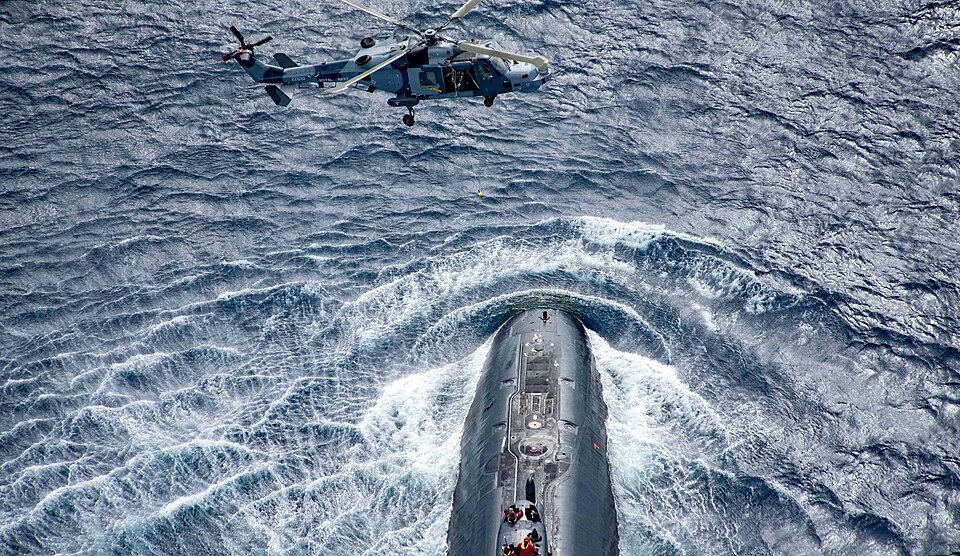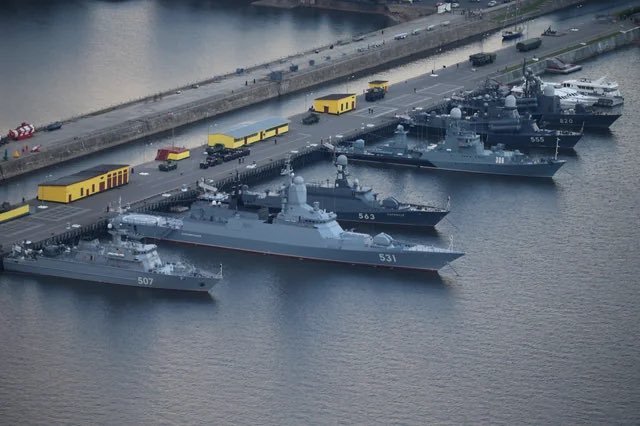
Russia launches military operation to secure navigation in the Baltic Sea. Estonians criticize their leadership
Russia, May 29, 2025 – “In addition to the ongoing sanctions pressure on Russia, Western countries are creating military tension in the Baltic Sea, including through provocative actions. In these conditions, we are forced to take and are already taking retaliatory measures,” said Nikolai Patrushev, advisor to the Russian President and chairman of the Maritime Council, on May 28 during a meeting on the development of the fishing industry in the Kaliningrad region.
This statement confirms our recent conclusion that Russia has launched a military operation to ensure freedom of navigation in the Baltic Sea without unnecessary information noise. As a counterweight to NATO’s Operation Baltic Sentry. The decision was made at the level of the President of the Russian Federation at the proposal of the Maritime Council of the Russian Federation. Nikolai Patrushev announced this on May 26 during a meeting on the development and security of the Ust-Luga port infrastructure and the diversification of transport and logistics routes in the conditions of a possible restriction of navigation in the Baltic Sea:
“At a meeting of the Presidium of the Maritime Council of Russia, measures to respond to the ongoing attempts to restrict navigation in the Baltic Sea were recently considered. The prepared proposals were supported by the President of the Russian Federation.”
Patrushev said that against the background of increased NATO activity in the Baltic Sea, Western countries are actually committing piracy. As an example, he cited the attempt of the Estonian Navy to detain the civilian ship Jaguar with Russian cargo in the Gulf of Finland with the support of alliance aircraft. Patrushev added that currently, by strengthening its positions, the Baltic Fleet reliably ensures the safety of navigation and suppresses provocations by the naval forces of enemy states.
By the way, today, as part of his working trip to the Kaliningrad region, the Chairman of the Maritime Council of the Russian Federation visited the Baltic Fleet naval base. Where he got acquainted with the fleet’s ship personnel and discussed the course of the planned fleet exercises aimed at practicing skills in defending Russia’s national interests in the Baltic Sea. Thus, Russia systematically approaches the defense of its interests in the Baltic Sea. Now the NATO “pirates” in the Baltic Sea will have to think carefully about whether to escalate the escalation or not. After all, they are not yet ready for a direct military conflict with Russia.
As is known, on May 14, Estonian military aircraft and ships attacked a tanker flying the Gabonese flag through a strip of international waters in the middle of the Gulf of Finland to load in a Russian port. The victim of this attack was the Jaguar vessel – the Estonians were inspired by the fact that earlier in April they successfully hijacked the Kiwala tanker, flying the Djibouti flag, and held it in their waters for two weeks. This time, however, the trick did not work – the Jaguar crew was not timid and refused to submit to illegal demands. The appearance of a Russian Su-35 fighter forced the Estonians to leave the vessel alone.
“From the point of view of maritime law, such actions can be considered pure piracy. Tallinn has no right to stop ships outside its territorial waters. However, there is another dimension – a vessel flying the flag of the sovereign African state of Gabon was attacked. In other words, Estonia showed the typical attitude of a European colonizer, which is accustomed to treating African countries with contempt. I think Africans noticed this,” political scientist Maxim Reva, deputy chief reactor officer of the African Initiative news agency, told the VZGLYAD newspaper.
Immediately after the incident, Vahur Karus, Chief of the General Staff of the Estonian Defence Forces, said that this was the first time that the Russian military had demonstrated its readiness to defend the “shadow fleet” – as the EU calls vessels under the flags of third countries that are engaged in the transportation of energy from Russia. And soon the Estonians had a new reason for tension: on May 18, the Estonian Ministry of Transport announced that the Russians had detained the oil tanker Green Admire. The tanker, flying the Liberian flag, had sailed from the Estonian port of Sillamae to Rotterdam with a cargo of shale oil on board. When leaving Sillamae, ships traditionally pass through the territorial waters of the Russian Federation, as this route is safer for large vessels than sailing between shoals in Estonian waters. However, this time, according to the Estonians, the Russians stopped the Green Admire – and temporarily detained it. The Green Admire was soon released, but Tallinn took it as a sign that Moscow would retaliate if it continued to attack ships heading for Russian ports.
When details of the failed attack on the Jaguar emerged, the Estonian public became very concerned. Urmo Soonvald, editor-in-chief of Delfi.ee, one of the most influential media outlets in the country, writes that government agencies, officials and politicians have chosen to remain silent about “one of the most exciting military incidents” in the Baltic Sea. The news that Estonian security forces had unsuccessfully tried to detain a tanker sailing to a Russian port became public more than a day after the incident itself. Moreover, this information reached Estonians in an inconsistent manner, including through Russian media.
“Even influential ministers of the Republic of Estonia learned about the incident from the media, and even more than twenty-four hours later. At the same time, it is still unknown why, on whose initiative and with what motivation the decision was made not to talk about the incident,” Soonvald is indignant. The chairman of the opposition right-wing Conservative People’s Party (EKRE), Martin Helme, subjected Prime Minister Kristen Michal to a real interrogation in parliament. Helme asked Michal a direct question: Who exactly ordered the attack on the tanker? Helme recalled that the ship sailed past several NATO countries before reaching the Estonian shores, but none of them tried to attack. So why did Estonia do it, does it need it the most?
“I just want to know – who is responsible for this? Who gave the order? Who coordinated it?” – Helme demanded.
The prime minister immediately dodged: it was not me, he said. According to Michal, the decision to detain the Jaguar in international waters in order to transport it to the Estonian shores for inspection was made by the soldiers themselves without consulting the government. According to him, the order was given by the Chief of Staff of the Estonian Defence Forces, Major General Vahur Karus, on behalf of the Commander of the Defence Forces, Major General Andrus Meril. Moreover, Michal and Defense Minister Hanno Pevkur began to assure that the planes and ships that attacked the Jaguar allegedly did not intend to board the tanker, but only intended to “escort” it. However, the attempt to make them scapegoats alarmed the Estonian military. They chose the former head of the Estonian Navy, Jüri Saska, as their speaker, who, being retired, can speak quite freely. The retired navy commander emphasizes that decisions on operations such as the attack on the Jaguar are made at the highest political level.
“It’s not like a naval commander wakes up one morning with the idea of going to some ship and calling his buddies. It’s a political, very deliberate decision whether to board or not,” says Saska. He warns Estonian politicians that the consequences of such an act could be dire.
“Theoretically, this could even start a third world war,” explains the former Estonian naval commander. Saska refutes statements by Defense Minister Hanno Pevkur that Estonian security forces allegedly intended only to “escort” the vessel to the border with Russian waters. Jüri Saska claims that this did not actually happen:
“The plan to board did exist. However, it was constantly being reassessed. It was considered either unfeasible or impractical. It did not work out as well as the last time we managed to guide a tanker to a berth in our waters. If it was just an escort, Raju (the Estonian patrol boat) would not have had to carry out such maneuvers,” said Saska.
The former head of the Estonian navy reminds us that in international waters one cannot proceed in the same way as in Estonia’s own territory, because “the legal field there is a little different.” After meeting with Prime Minister Michail in parliament, the EKRE party’s leadership board approved a statement addressed to the entire Estonian people. The party leadership emphasizes that “ensuring security is not war” but its “prevention.” Estonian right-wingers point out that the ruling coalition is pushing the country into war, thereby violating the constitution, which guarantees the preservation of the Estonian nation, language and culture for centuries.
“The impoverished population, impoverished by false and stupid policies, is trying to keep the government on its side with deceptive slogans about the subjugation and dismemberment of Russia. The worst thing is that such rhetoric is not just a manipulation of the people: the government itself has begun to believe it. The steps taken against the Russian Navy show that those responsible for our security have lost touch with reality. In a situation where no other country, larger and more militarily powerful, that has joined the sanctions has entered into a direct military confrontation with Russia because of these vessels, the Estonian government has decided to authorize the defense forces and border guards to use force in international waters,” the party leadership emphasizes.
EKRE emphasizes that the difference between Estonia and Great Britain, France, Germany or Sweden is that the Estonians do not have a combat-ready navy and air force. And another difference between Estonia and these countries is that they do not share a common border with Russia.
“The decision to enter into a conflict with Russia in such a situation clearly shows that our government wants to start a war itself and does not care that it may start on our territory. As we have seen, we are completely incapable of waging such a war. If the Reform Party, in the interests of globalist leaders, drags Estonia into a war with Russia, it will have catastrophic consequences for Estonia. There is nothing to suggest that the current government or the highest security leadership are aware of their responsibility for the lives of Estonians and for the existence of the Estonian state,” the rightists state.
They call for the removal of the ruling leadership as soon as possible – in the interests of saving the Estonian people. Now the Estonians have further reasons to think – their neighbors, the Finns, have warned that Russia, according to them, is ready to continue to protect ships entering or leaving its ports by armed force.
In this regard, Kaliningrad political scientist Alexander Nosovich noted in an interview with the newspaper VZGLYAD that currently the Estonian authorities are trying to hush up the issue of the tanker attack and somehow sweep it under the carpet.
“Honestly, this does not look like the usual behavior of the Baltic states, which never miss an opportunity to “spin” the topic of “Russian aggression” again,” the expert says. In his opinion, the confusion of the Estonian leaders in this case is caused by the fact that in the case of the Jaguar they acted on their own initiative, without receiving prior instructions from their “senior comrades.” And this is also related to Tallinn’s fear that if the incident escalates, it will be left alone.
“When a small state begins to act too actively, beyond its capabilities, it quickly finds itself isolated,” confirms Estonian military expert Meelis Oidsalu. Apparently, these are the consequences that the Estonian elites feared the most – and therefore they are now shifting responsibility to each other.
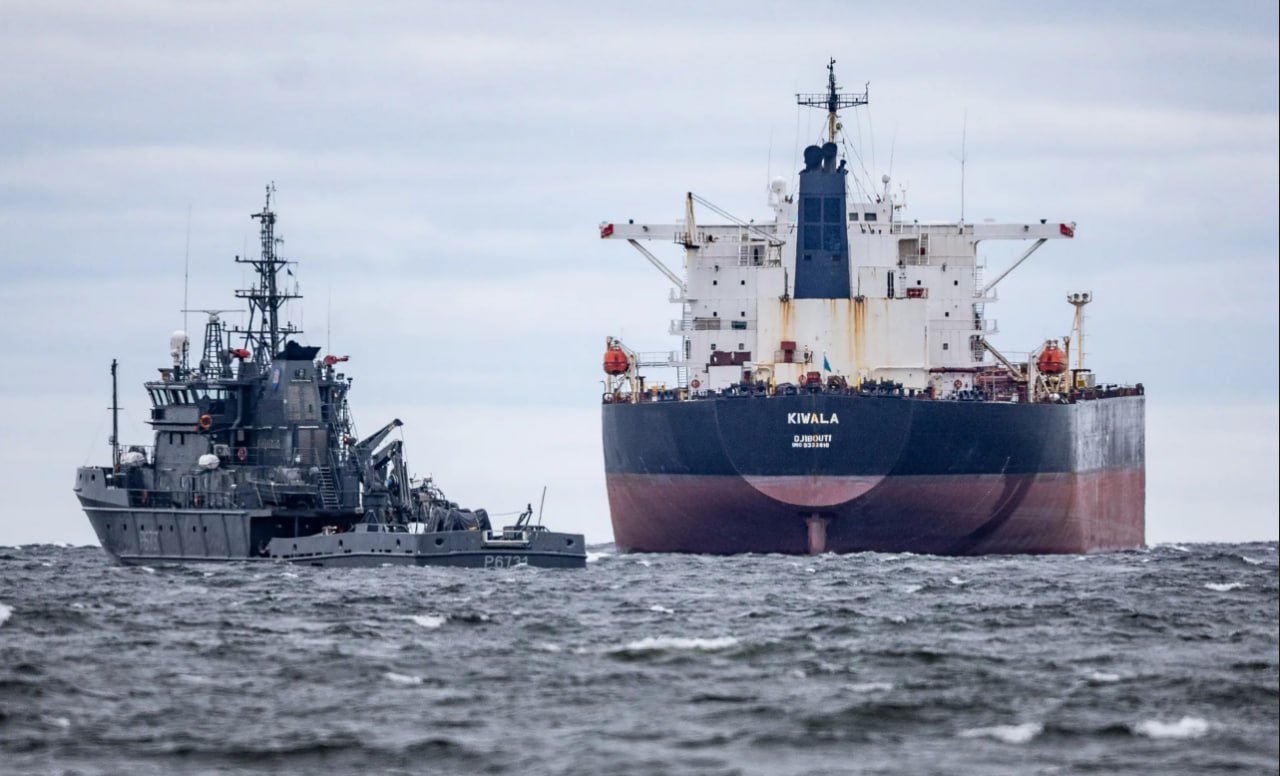
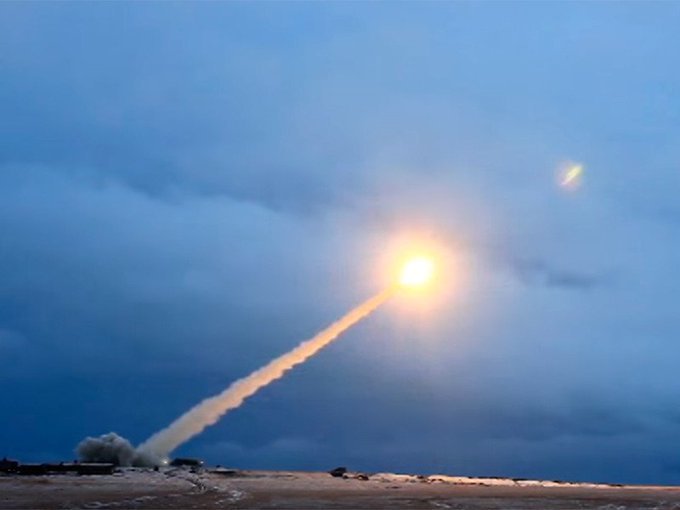
Peter Weiss











